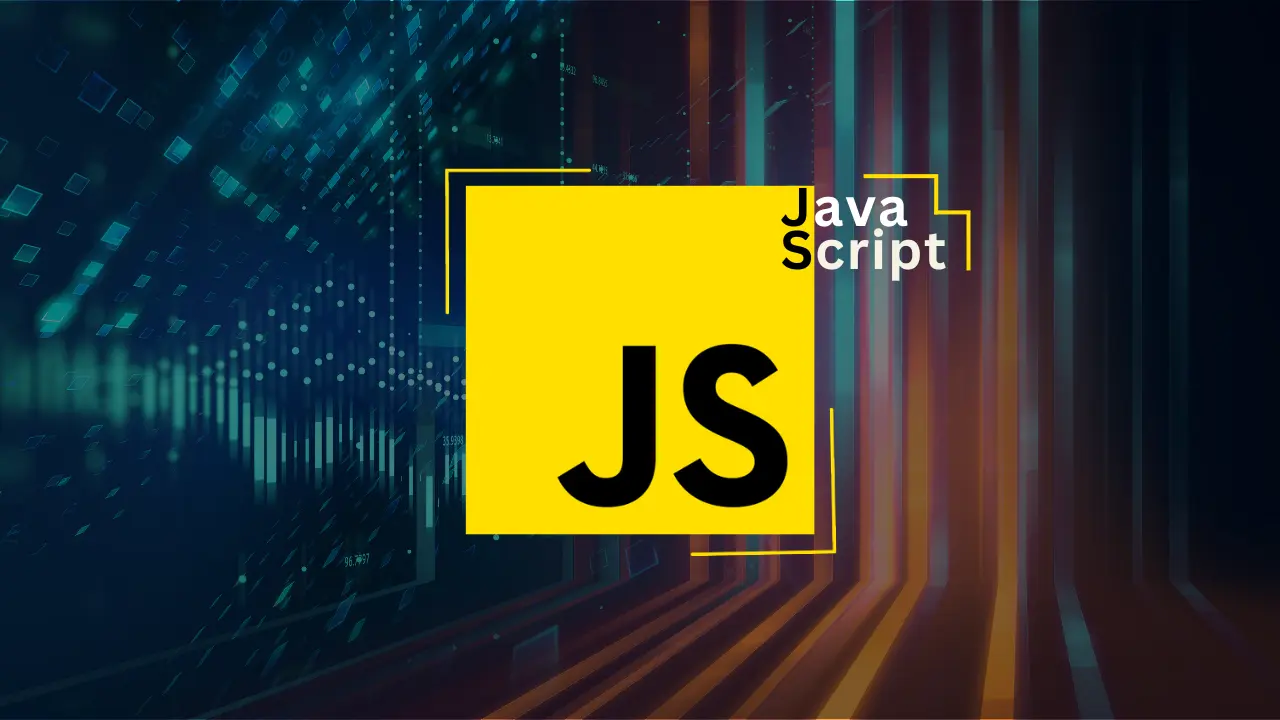Java Script
#Coding
#Programming
#Learning

What is JavaScript?
JavaScript is a programming language commonly used for web development. It is a versatile language that can be used for both front-end and back-end development, and is often used alongside HTML and CSS to create interactive web pages and web applications. JavaScript allows developers to add dynamic and interactive features to websites, such as animations, user input validation, and real-time updates. It is also used in server-side environments, such as Node.js, to create web servers and build full-stack web applications. JavaScript is a popular language with a large and active community of developers, and is supported by all major web browsers.
History of the JavaScript
JavaScript was created by Brendan Eich in just 10 days in May 1995 while he was working at Netscape Communications Corporation. Originally called "Mocha," it was later renamed "LiveScript" before finally being released as "JavaScript" to take advantage of the growing popularity of Java at the time. JavaScript was designed to be a lightweight scripting language for the Netscape Navigator web browser, which was then the dominant browser in the market.
In the years that followed, JavaScript's popularity grew rapidly as it became the de facto language for adding interactivity and dynamic features to web pages. The release of the XMLHttpRequest object in 1999, which enabled the creation of dynamic, asynchronous web applications, further cemented JavaScript's role as a crucial component of web development.
In 2009, Ryan Dahl introduced Node.js, a server-side environment for running JavaScript, which allowed developers to use JavaScript on the server-side and create full-stack web applications with a single language. This opened up new possibilities for JavaScript and contributed to its continued growth in popularity. Today, JavaScript is one of the most widely used programming languages in the world, with a vast ecosystem of libraries, frameworks, and tools that make it a versatile and powerful language for building web and mobile applications.
What makes JavaScript so popular?
There are several reasons why JavaScript is so popular:
Ubiquity: JavaScript is supported by all major web browsers, making it ubiquitous on the web. This means that it can be used to create dynamic and interactive web pages that work on any device with a web browser.
Versatility: JavaScript can be used for both front-end and back-end web development. It is the language of the web, and is used to create everything from simple animations and user interface elements to complex web applications and servers.
Community: JavaScript has a large and active community of developers who contribute to open-source projects, create libraries and frameworks, and share knowledge through online forums and resources.
Ecosystem: JavaScript has a vast ecosystem of libraries, frameworks, and tools that make it easier and faster to develop web applications. Popular frameworks like React and Angular make it easier to build complex web applications, while tools like Webpack and Babel streamline the development process.
Evolving language: JavaScript is constantly evolving and improving, with new features and updates being added regularly. This makes it a modern and flexible language that can adapt to changing web development needs and trends.
Benefits of learning JavaScript
There are several benefits of learning JavaScript:
Front-end web development: JavaScript is essential for front-end web development, as it is the language used to create dynamic and interactive web pages. Learning JavaScript allows you to create complex user interfaces, animations, and effects that can enhance the user experience of your web applications.
Back-end web development: JavaScript is also used for back-end web development, with tools like Node.js allowing you to create servers and build full-stack web applications using a single programming language.
Career opportunities: JavaScript is one of the most in-demand programming languages, and learning it can open up many career opportunities in web development, software engineering, and other tech fields.
Community and resources: JavaScript has a large and active community of developers, and there are many resources available for learning and improving your skills, including online courses, tutorials, forums, and open-source projects.
Versatility: JavaScript is a versatile language that can be used for a wide range of tasks, including web development, mobile app development, and even server-side programming. Learning JavaScript can give you a foundation for learning other programming languages and technologies as well.
How we are better to teach JavaScript?
We believe that the most effective method of teaching is to teach by example.
In other words, we want to provide users with a variety of examples in each topic/lesson, which can help them understand what the text is really conveying.